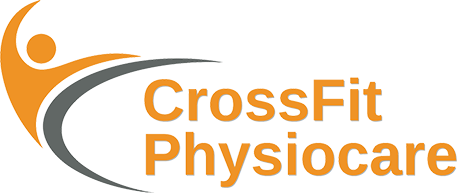
Facial & Bell's Palsy
Facial palsy and Bell’s palsy are conditions that affect the muscles of the face, resulting in weakness or paralysis. While they share some similarities, they have distinct causes and characteristics.
Here's an overview of both conditions:
Facial Palsy:
Facial palsy, also known as facial paralysis, refers to the weakness or paralysis of the facial muscles, often resulting in an inability to control facial movements. This condition can be caused by various factors, including:
Trauma: Injury to the facial nerve due to trauma, surgery, or accidents can lead to facial palsy.
Infections: Viral infections, such as herpes simplex virus (HSV) or Epstein-Barr virus (EBV), can cause temporary or permanent facial paralysis.
Tumors: Tumors or growths that compress or damage the facial nerve can result in facial palsy.
Inflammation: Inflammatory conditions like sarcoidosis or Guillain-Barré syndrome can affect the facial nerve.
Neurological Disorders: Certain neurological disorders, such as multiple sclerosis, can lead to facial palsy.
The treatment of facial palsy depends on its underlying cause. It may involve addressing the underlying condition, physical therapy, medications, and sometimes surgical interventions to restore facial muscle function.
Bell's Palsy:
Bell’s palsy is a specific type of facial palsy that is characterized by the sudden onset of facial weakness or paralysis, usually affecting one side of the face. The exact cause of Bell’s palsy is not fully understood, but it’s thought to be related to viral infections, particularly the herpes simplex virus (HSV). The virus causes inflammation and swelling of the facial nerve, leading to compression and dysfunction.
Common Symptoms of Bell's Palsy:
- Sudden weakness or paralysis on one side of the face.
- Difficulty closing the eye on the affected side.
- Drooping of the mouth and inability to smile evenly.
- Altered taste sensation on the front two-thirds of the tongue.
- Eye dryness and irritation due to difficulty blinking.
Treatment of Bell's Palsy:
Medications: Steroids such as prednisone are often prescribed to reduce inflammation and promote nerve healing.
Eye Protection: Because eye closure can be affected, lubricating eye drops or ointment and using an eye patch during sleep may be recommended.
Physical Therapy: Facial exercises and massage techniques performed by a physical therapist can help maintain muscle tone and improve facial function.
Electrical Stimulation: Some therapies use electrical stimulation to stimulate the facial muscles and improve their function.
Eye Care: Protecting the eye from dryness and exposure is important to prevent complications like corneal damage.
Most cases of Bell’s palsy improve significantly over time, with the majority of individuals experiencing near-full recovery. However, the timeline for recovery varies, and some individuals may have residual weakness or other symptoms.
If you experience sudden facial weakness or paralysis, it’s important to seek medical attention promptly. A healthcare provider can accurately diagnose the condition and recommend appropriate treatment to help manage the symptoms and support your recovery.
- Daani Plaza E-595-596, 4th Floor, Ramphal Chowk Rd, Block E, Sector 7 Dwarka, New Delhi - 110075
- +91 99996 26251
- support@crossfitphysiocare.com
How can we help you?
If you are looking for the best and nearest physiotherapist, then click below to message us on WhatsApp.
